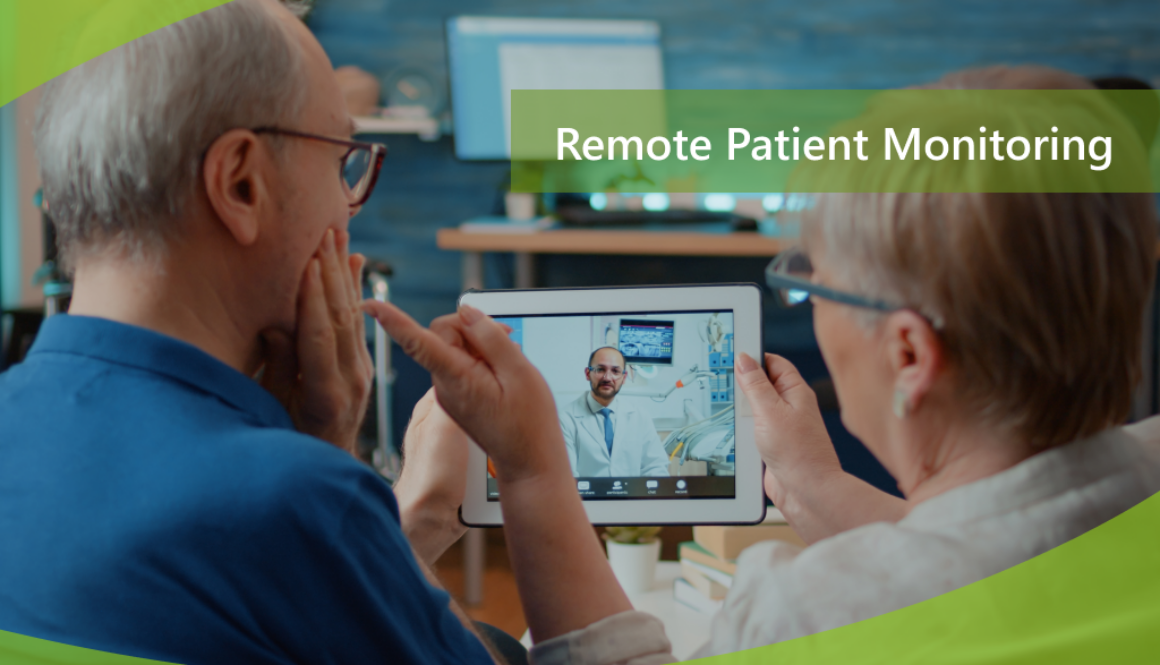Impact of Remote Patient Monitoring in Adult Daycare Centers
In recent years, remote patient monitoring (RPM) has emerged as a game-changer in the healthcare industry, revolutionizing the way care is delivered. This innovative technology has also found its way into adult daycare centers, bringing a host of benefits to both caregivers and their elderly clients. here we will explore the remarkable impact of remote patient monitoring in adult daycare centers, highlighting its role in enhancing care, ensuring safety, and promoting independence.
Enhancing Care through Continuous Monitoring:
Remote patient monitoring enables real-time data collection and analysis, allowing caregivers in adult daycare centers to monitor the health and well-being of their clients more effectively. From vital signs such as heart rate and blood pressure to activity levels and sleep patterns, RPM offers a comprehensive picture of a patient’s health status. This data empowers caregivers to provide personalized care plans, identify early warning signs, and proactively address any health concerns promptly.
Ensuring Safety with Remote Alerts:
One of the significant advantages of RPM in adult daycare centers is the ability to set up remote alerts and notifications. Caregivers can receive alerts when a client experiences a sudden change in vital signs, irregular activity patterns, or falls. These timely notifications allow for immediate intervention, reducing the risk of complications and ensuring the safety and well-being of individuals in their care.
Promoting Independence and Peace of Mind:
Remote patient monitoring offers a unique opportunity to promote independence among the elderly in adult daycare centers. By continuously monitoring their health and providing early intervention when necessary, RPM enables individuals to maintain a sense of autonomy and freedom. This technology also brings peace of mind to both clients and their families, knowing that professional caregivers are keeping a watchful eye on their well-being, even when they are not physically present.
Streamlining Communication and Collaboration:
RPM systems often include features that facilitate seamless communication and collaboration among caregivers, healthcare professionals, and family members. With secure messaging, video conferencing, and shared access to patient data, remote patient monitoring fosters efficient coordination of care. This enhances communication channels, ensures continuity of care, and enables prompt decision-making, leading to improved outcomes for adult daycare center clients.
Empowering Data-Driven Decision-Making:
The wealth of data collected through remote patient monitoring holds immense potential for driving evidence-based decision-making in adult daycare centers. Analyzing trends, identifying patterns, and tracking outcomes can help inform care plans, optimize resource allocation, and identify areas for improvement. By harnessing the power of data, adult daycare centers can continuously enhance the quality of care they provide to their clients.
Conclusion:
Remote patient monitoring is transforming the landscape of adult daycare centers, empowering caregivers, promoting safety, and enhancing the well-being of elderly individuals. By harnessing the power of real-time data, RPM enables personalized care, timely interventions, and improved communication among caregivers and healthcare professionals. As this technology continues to evolve, adult daycare centers stand to benefit greatly, ensuring that their clients receive the highest level of care while maintaining their independence and dignity.
